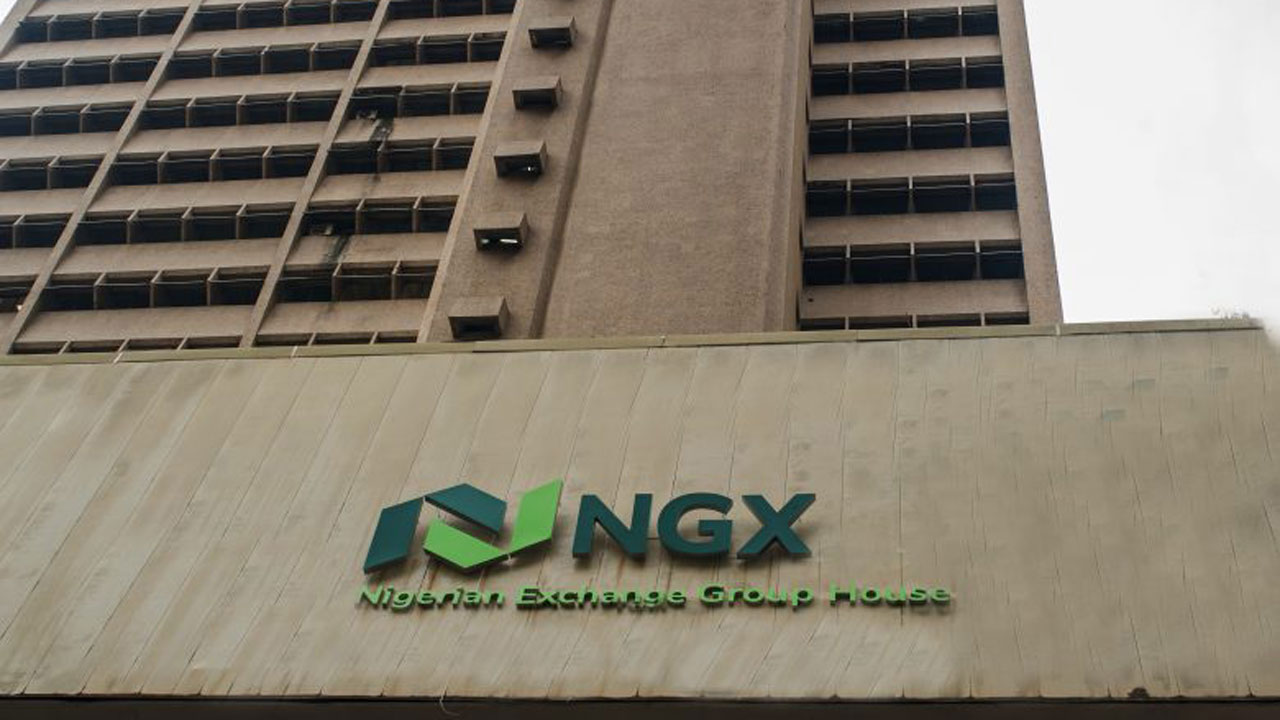The overall transactional activity on the Nigerian Exchange (NGX) trading platform experienced a decline exceeding 16% in March, as indicated by details contained within the Domestic and Foreign Portfolio Transactions Report.
Foreign Portfolio Investors (FPIs) reduced their holdings during the month, coinciding with an observed increase in demand for the US dollar. This market behavior adversely affected both the volume and value of transactions within the local stock market. The Exchange encountered significant selling pressures, which contributed to a downward trend in key performance indicators and also intensified demand for the US dollar in the foreign exchange market.
According to the report, total transactions on the Nigerian exchange decreased from N607.05 billion, or approximately $410.84 million, in January 2025 to N509.47 billion, or approximately $341.36 million, in February 2025. This reflects a 16.07% reduction in total market transactions for February 2025, signaling a deceleration in trading activity compared to the preceding month.
Despite this month-over-month contraction, the market demonstrated a noteworthy improvement on a year-over-year basis, with total transactions in February 2025 increasing by 42.36% from the N357.88 billion recorded in February 2024.
The data further emphasizes the predominant role played by domestic investors, whose activity in February 2025 surpassed that of foreign investors by a substantial 84%, according to a review note from Cowry Asset Limited.
A more detailed analysis of investor participation in February 2025 reveals that domestic transactions accounted for the majority of market activity, despite experiencing a 12.83% decrease from N535.54 billion in January to N466.82 billion in February.
Conversely, foreign investor participation witnessed a considerably steeper decline of 40.36%, dropping from N71.51 billion, or $48.38 million, in January to N42.65 billion, or $28.57 million, in February.
The investment firm asserted that this sharp reduction in foreign transactions reflects persistent concerns regarding macroeconomic headwinds, foreign exchange volatility, and geopolitical uncertainties that have deterred foreign participation in Nigeria’s equities market.
The investment firm observed that within the domestic segment, institutional investors continued to hold sway over retail investors, maintaining an 8% advantage in transaction value.
However, both institutional and retail investors experienced a decline in activity. Retail transactions decreased by 19.76%, from N267.35 billion in January to N214.51 billion in February, indicating a pullback from smaller individual investors.
Meanwhile, institutional transactions declined by 5.92%, moving from N268.19 billion to N252.31 billion, highlighting a more measured approach by fund managers and large institutional players in response to evolving market conditions.
Examining historical trends, the data indicates that domestic investor participation has been on a consistent upward trajectory over the past two decades. Domestic transactions expanded by 33.15%, rising from N3.556 trillion in 2007 to N4.735 trillion in 2024, reflecting heightened confidence and participation from local investors.
During the same period, foreign transactions also saw an increase of 38.31%, from N616 billion to N852 billion, although the proportion of foreign participation remained significantly lower compared to domestic investment. In 2024, domestic transactions accounted for 85% of total market transactions, while foreign transactions contributed a mere 15%.
This trend has persisted into 2025, with domestic transactions totaling N1.002 trillion thus far, while foreign transactions remain notably subdued at approximately N114.16 billion. “For Cowry Research, we acknowledge the increasing self-reliance of the Nigerian equities market, as local investors continue to drive market activity amidst diminishing foreign participation.
“The consistent dominance of domestic investors suggests that confidence in the local stock market remains robust, even as foreign investors adopt a more cautious stance due to external uncertainties.
“With domestic institutional investors maintaining a significant presence, the NGX may continue to experience sustained market stability, albeit with some volatility influenced by macroeconomic factors,” Cowry Asset Limited stated.













